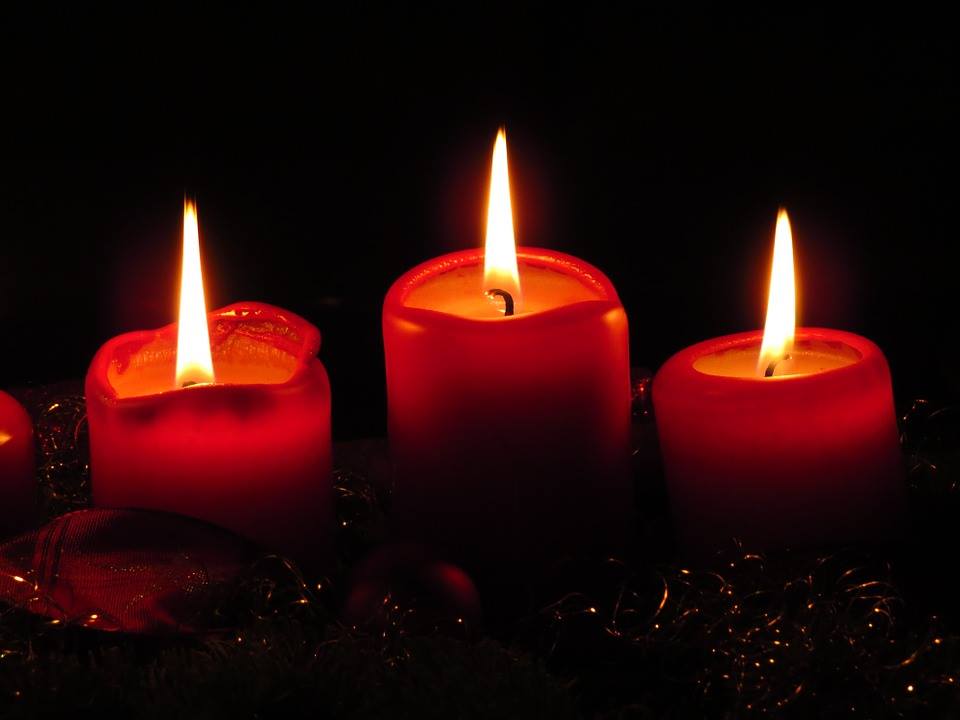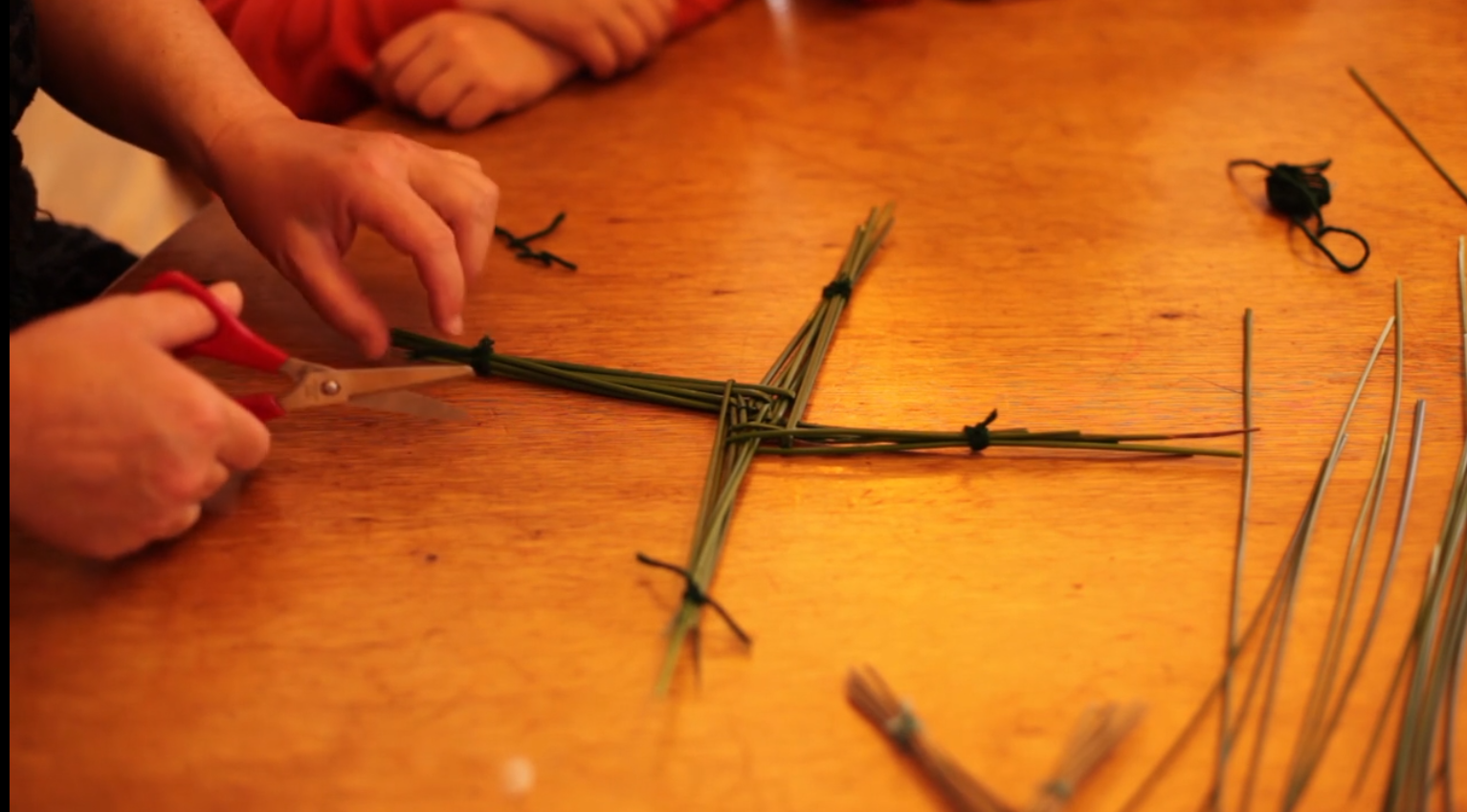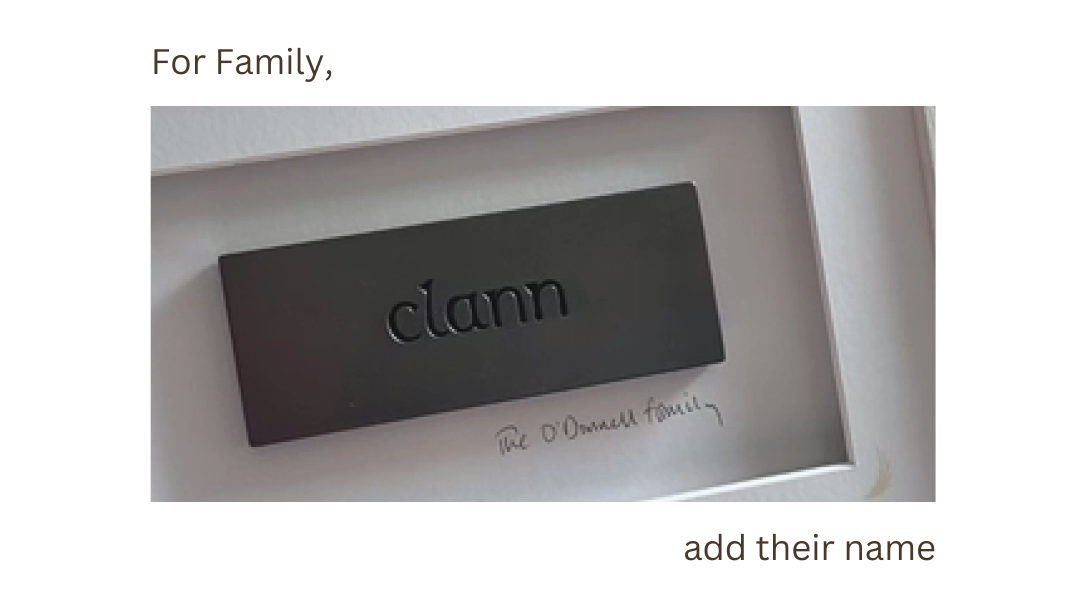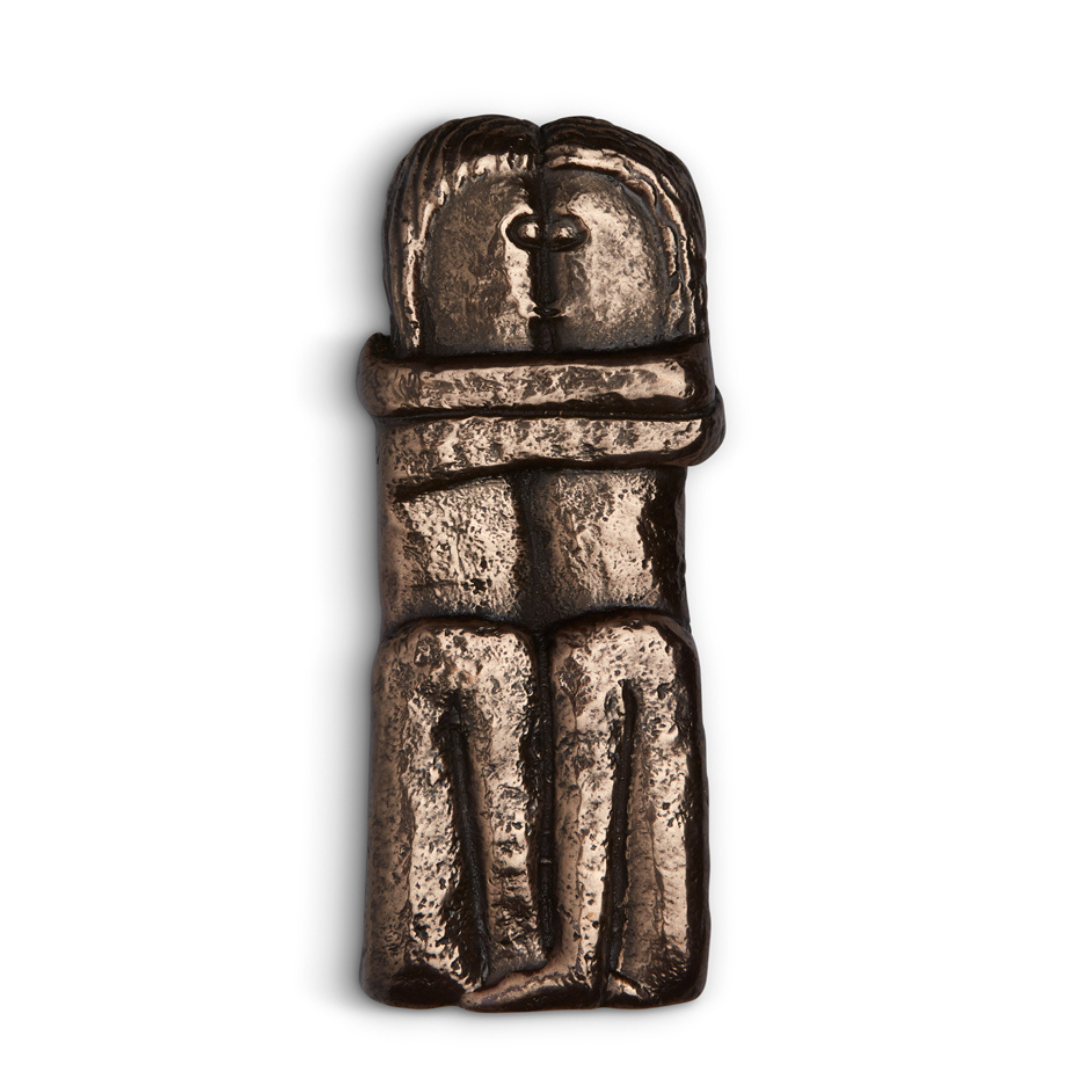As we approach Christmas, it’s worth remembering that people have been celebrating this time of year for thousands of years in Ireland. The shortest day of the year is the 21st of December and it’s no coincidence that the festival of Christmas falls close to this date.
Winter Solstice
Newgrange passage tomb in Co Meath, one of our most ancient monuments, is testament to the importance of this time of year to our ancient ancestors. The engineers, who built the structure 5,000 years ago, designed it so that at sunrise on the shortest day of the year the first rays of sun would travel along the passage and light up the inner chamber.
Wild Goose recently visited Newgrange to find out more about the inspiration for the bronze Triple Spiral we make. We spoke to eminent archaeologist Elizabeth Shee Twohig and she told us about the care and precision involved in capturing this particular angle of light at Winter Solstice. You might enjoy the short film we made about it here:
https://www.youtube.com/watch?v=5Rz9dC_U5lo
It’s clear that the shortest day held huge significance for our Neolithic ancestors. And now 5,000 years later, Christmas is widely regarded as our most important festival. While we can’t know what rituals and traditions were maintained by the civilisation that built Newgrange, we do know about some of the folkloric traditions that survived for centuries in rural Ireland.
Christmas Traditions
The association of light with Christmas appears to be a deep rooted part of the Irish tradition. The lighting of a special candle on Christmas Eve is described by many sources: the ‘Christ candle’, as it’s called in many parts of rural Ireland, was lit by the youngest member of the family and left to burn all night. Similarly there was also a tradition of lighting a Christmas log on Christmas Eve.
A tradition that is described in many parts of rural Ireland is that of clearing out and cleaning the property before Christmas. Barns and sheds were whitewashed, the house was cleaned, and when everything was ready the children were sent to gather Holly.
Sharing
One of the recurring themes around the traditional Irish Christmas is that of sharing. Families with more food and resources shared with their neighbours so that everyone could celebrate with a special meal.
West Cork folklore collector Seán Ó Croinín quotes fisherman Seán Ó hAo who lived in Cregg near Glandore: “The people who lived by the sea were fisherman and didn’t have cattle, a horse or a sheep. A few days before Christmas their neighbours and relatives brought milk, butter and other foods to those who lived from fishing. They also brought turf and potatoes. Richer people helped the poor so that they would have an enjoyable Christmas.”
(This was collected in 1940 and was published in book form in 1985 entitled Seanchas Ó Chairbre (Folklore from Carbery)) https://www.irelandsown.ie/christmas-in-olden-days-in-west…/ )
Wren Boys
One of the most distinctive Irish traditions involves the tiny wren. All around Ireland the wren boys were a feature of St Stephen’s Day, the 26th of December. Even now in parts of the country (Dingle in Co Kerry holds fast to the tradition), groups of boys and young men dress up in costume and go singing and dancing around the community. They perform at every house and are given some coins. Tradition has it that the body of a wren is stuck on top of a stick and the captain of the wrenboys carries this stick . Why the the wren should be treated thus is open to various interpretations- in one version the mythological wren betrayed the Christian Martyr St Stephen and as such was a fair target.
(Interesting pictures at http://www.doolin2aranferries.com/…/the-day-of-the-wren-la…/ and at http://www.dingle-peninsula.ie/…/23-language-and-culture.ht…)
Some believe the word “dreoilín” (the Irish for “wren”) has its roots in the term “Druid’s bird” and that it acted as as messenger between this world and the next. Perhaps the role of the wren in Irish Christmas tradition is an example of the fusion of ancient pagan customs with the emergence of Christian beliefs in Ireland.
What Irish customs are part of your Christmas Tradition? Does your family light a candle on Christmas Eve? Do the wren boys visit your community on the 26th?




